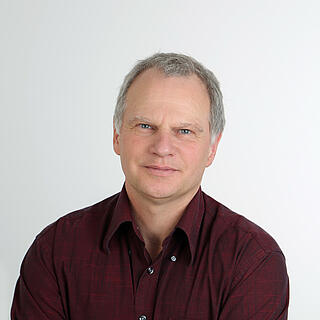Mapping of the anthropogenic stock III (KartAL III) – Establishment of a material flow management by integration of recycling chains to increase the qualitative and quantitative recycling of metals and mineral building materials
More information about the project
Status of project
End of project: 2022
Project manager
Project staff
Funded by
German Environment Agency (UBA)
Project partners
Institute for Energy and Environmental Research (ifeu)
3f design
Institut für Umweltinformatik (IfU)

